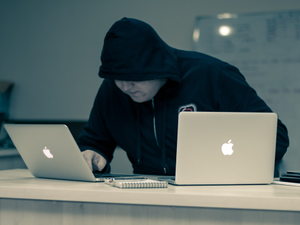Public Broadcasting's Devastating Collapse: How NPR and PBS Lost Everything

Photo by Mika Baumeister on Unsplash
In a shocking turn of events, the Corporation for Public Broadcasting (CPB) will completely shut down by January 2026, marking the end of an era for independent, educational media in the United States.
The devastating closure comes after a Senate vote that eliminated the organization’s entire budget, effectively defunding public broadcasting after more than five decades of critical cultural and journalistic programming. Despite passionate protests from millions of Americans and emergency donation efforts that raised approximately $20 million, the funding cuts proved insurmountable.
CPB President Patricia Harrison expressed the profound difficulty of this decision, stating that despite extraordinary grassroots efforts to preserve federal funding, the organization would be forced to wind down operations. The White House’s characterization of NPR and PBS as a “grift” played a significant role in this unprecedented defunding.
The shutdown will happen in stages: most staff positions will conclude by September 30, 2025, with a small transition team managing the final closeout by January 2026. This team will focus on ensuring compliance, managing final distributions, and resolving long-term financial obligations.
NPR’s new president and CEO, Katherine Maher, mourned the loss, describing CPB as a “vital source of funding for local stations, a champion of educational and cultural programming, and a bulwark for independent journalism”. The implications for local media ecosystems across the country could be profound and long-lasting.
As public broadcasting faces its most significant threat in history, the future of independent, educational media hangs in the balance. The loss of CPB represents more than just a budgetary cut, it signals a potential fundamental shift in how Americans access diverse, unbiased information.
AUTHOR: mei
SOURCE: Ars Technica
























































